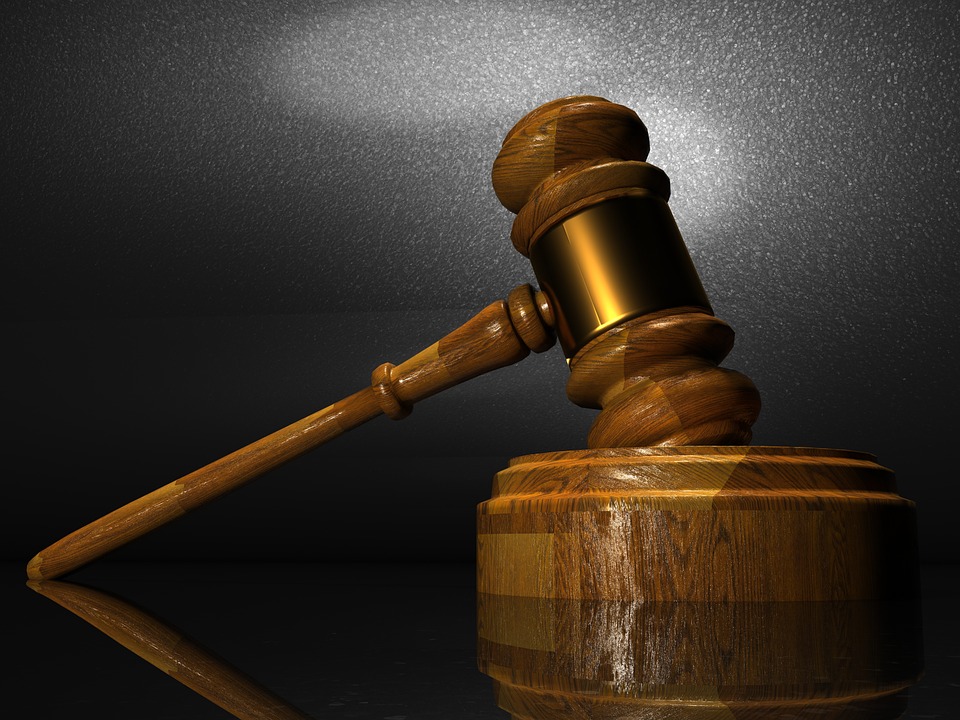Vote on "Swiss law, not foreign judges" would deeply damage its ties with world: Critics
Backers argue that neutral Switzerland's historic autonomy is being watered down by its participation in international agreements covering areas like environmental protection, police cooperation, air transport and trade.

- Country:
- Switzerland
The Swiss vote on Sunday on a proposal to give Switzerland's laws clear priority over international law - a move supporters say would reinforce its sovereignty but which critics claim would deeply damage its ties with the rest of the world.
The "Swiss law, not foreign judges" measure calls for a provision to be added to the national constitution giving it explicit precedence over international agreements.
Where there is a clash between the two, Switzerland would have to update its international obligations so they complied with its constitution. If no deal is reached the country could quit the international agreement, says the referendum proposal, also known as the Self Determination Initiative.
Backers argue that neutral Switzerland's historic autonomy is being watered down by its participation in international agreements covering areas like environmental protection, police cooperation, air transport and trade.
Their campaign, spearheaded by politicians from the right-wing Swiss People's Party (SVP), said such arrangements endanger the long tradition of direct democracy in Switzerland, where citizens have the final say on political decisions via referendums.
"Our voting rights should continue to apply in the future," said Magdalena Martullo-Blocher, an SVP member of the Swiss parliament and daughter of billionaire Christoph Blocher, former vice-president of the party and its most prominent figure.
"Direct democracy is a cornerstone of Switzerland as a business location."
Debate over whether sovereignty has been eroded has intensified in recent years, as Switzerland struggles to clarify its relationship with the European Union, currently governed by a tangle of different bilateral pacts.
The SVP, the largest party in the Swiss parliament and holder of two of the seven seats in the Swiss cabinet, says the initiative would empower citizens and free them from interference from international bodies like the EU.
They are opposed by the Swiss government, business groups and most other parties, which say the proposal would force Switzerland to cancel existing treaties, weaken human rights protections and hurt its economy.
They say a "yes" vote would mean Switzerland having to renegotiate thousands of treaties it has signed, undermining an open economy which is highly dependent on global trade.
"The international standing of Switzerland would be hurt," said Jan Atteslander of business lobby group Economiesuisse.
"Other countries could doubt whether Switzerland would stick by its words, or fulfill its obligations in future."
Polls show the referendum proposal is likely to fail, with 58 percent of respondents to a Tamedia questionnaire saying they opposed it and a poll by market researcher GFS Bern for SRF putting opposition at 61 percent.
Switzerland will also vote on Sunday on whether to subisidise farmers who let cows and goats grow their horns naturally, amid debate over whether the practice of removing horns harms the animals.
(With inputs from agencies.)
- READ MORE ON:
- International law
- The Indian Society Of International Law
- International law and Israeli settlements
- foreign judges
- Swiss government
- international obligations
- Swiss cabinet
- international bodies
- Swiss law
- international agreements
- right-wing Swiss People's Party
- Switzerland struggles
- World News
- Reuters News










